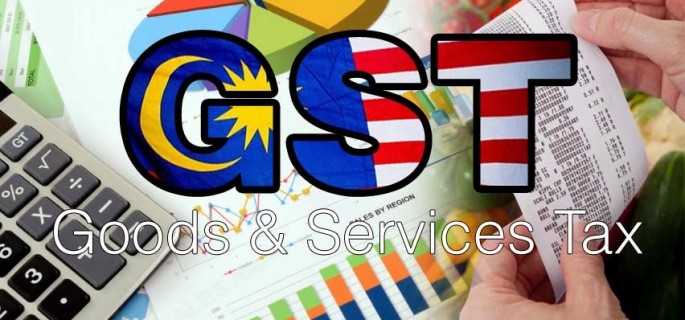Specialist Tips for Selecting the Best GST Registration Services in Singapore
Specialist Tips for Selecting the Best GST Registration Services in Singapore
Blog Article
From Beginning To End: The Ultimate Roadmap to GST Enrollment for Companies Looking For Financial Stability
Browsing the intricacies of Goods and Provider Tax (GST) registration is a crucial action for services aiming for financial stability. Damaging down the roadmap into convenient actions can streamline the enrollment journey for companies looking to boost their economic standing.
Understanding GST Fundamentals
Exploring the basic concepts of Item and Solutions Tax Obligation (GST) is important for obtaining a comprehensive understanding of its effects on organizations and the economic situation. GST is a value-added tax obligation levied on most items and services for domestic intake. It has replaced numerous indirect tax obligations that existed in the pre-GST era, simplifying the tax obligation structure and boosting simplicity of doing company in India. Under the GST system, both goods and solutions are exhausted at a specific price, which is identified based upon their classification. If their yearly turnover goes beyond the threshold limit established by the government, organizations are called for to register for GST. Input Tax Obligation Credit History (ITC) is a considerable feature of GST, permitting services to assert credit scores for taxes paid on inputs, reducing the general tax obligation problem. Comprehending the basics of GST is vital for businesses to adhere to tax guidelines, manage their financial resources successfully, and add to the nation's financial growth by joining a clear tax obligation system.
Eligibility Requirements for Registration
To sign up for GST, services need to fulfill specific eligibility requirements developed by the federal government. The key eligibility need is that any kind of service associated with the supply of items or services with an annual aggregate turnover over the threshold restriction set by the authorities should register for GST. Since the existing regulations, the threshold restriction for GST enrollment is an annual accumulation turn over of 40 lakhs for services operating within a state, except for unique classification states where the limitation is 20 lakhs. Furthermore, certain businesses are called for to register for GST irrespective of their turn over, such as interstate distributors, informal taxable individuals, and services reliant pay tax obligation under the reverse fee mechanism. It is essential for businesses to extensively examine their turnover and purchase types to identify their GST registration commitments properly. Failing to sign up for GST when eligible can cause charges and legal repercussions, making it necessary for organizations to follow the defined qualification standards.
Records Required for Registration
Having met the eligibility standards for GST registration, organizations need to currently guarantee they have the requisite files in area to proceed with the registration process successfully. The files needed for GST registration normally include proof of business constitution, such as partnership act, registration certification, or incorporation certificate for various types of organizations. Furthermore, organizations require to provide papers developing the major area of company, such as a rental contract or electrical energy costs.
Step-by-Step Registration Refine
Starting the GST enrollment procedure entails a series of structured steps to make certain a smooth and compliant enrollment for services. The first step is to see the GST portal and submit the enrollment form with precise details of the service entity. Following this, the candidate obtains a Temporary Referral Number (TRN) which is made use of to resume the application process if it's not finished in one go.
Next, all needed documents based on the list given by the GST portal need to be submitted. These records usually consist of evidence of service address, identity and registration proofs of promoters, economic declarations, and organization entity's PAN card.

Post-Registration Compliance Standards

Verdict
Finally, organizations looking for financial stability has to recognize the basics of GST, meet qualification requirements, gather necessary records, comply with the step-by-step enrollment procedure, and comply with post-registration standards - Best GST registration services in Singapore. By sticking to these steps, organizations can make certain compliance with great site tax laws and preserve financial security in the future
Additionally, particular services are needed to register for GST regardless of their turnover, such as interstate suppliers, informal taxable individuals, and companies accountable to pay tax obligation under the reverse charge device.Having fulfilled the eligibility standards for GST registration, businesses have to now guarantee they have the requisite files in area to continue with the registration procedure effectively. The documents required for GST enrollment typically consist of proof of service constitution, such as collaboration action, registration certification, or consolidation certification for different kinds of companies. In addition, services need to give papers establishing the major place of organization, such as a rental contract or power costs.Beginning the GST registration procedure includes a collection of structured steps to make sure a smooth and compliant registration check it out for companies.
Report this page